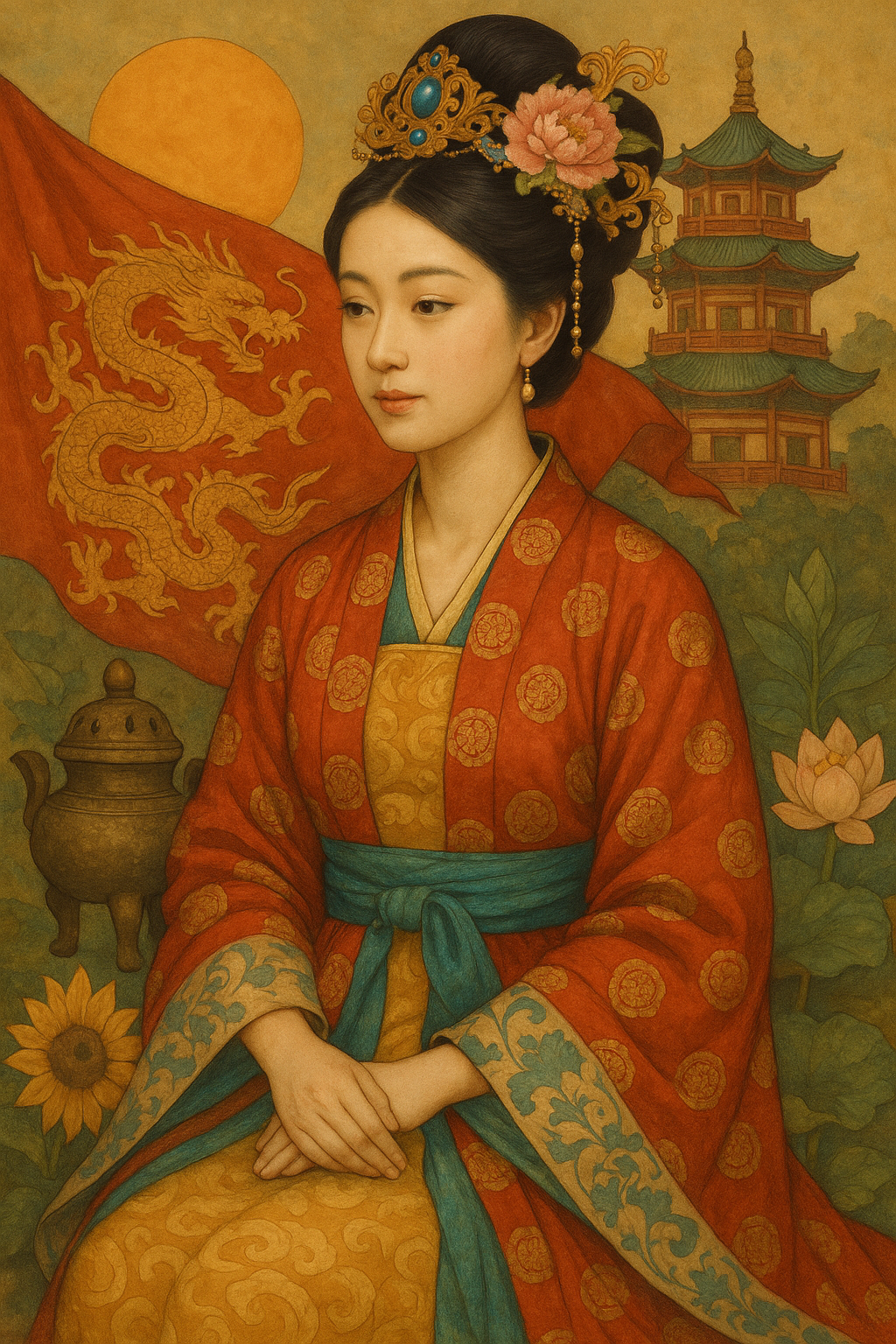Chinese Culture

Chinese culture is the unique system of values, ideologies, artistic expressions, and social customs formed over thousands of years of Chinese civilization. Rooted in a rich historical foundation, diverse ethnic traditions, and philosophical thoughts, it encompasses language, literature, art, philosophy, religion, cuisine, architecture, festivals, and etiquette. Below is a brief introduction to Chinese culture:
- Philosophy and Thought:
- Confucianism: Represented by Confucius, it emphasizes benevolence, righteousness, propriety, wisdom, and integrity, focusing on personal cultivation, family ethics, and social harmony.
- Taoism: Represented by Laozi and Zhuangzi, it advocates "following the way of nature," pursuing harmony between humans and nature, and emphasizing non-action (wuwei).
- Buddhism: Introduced from India, it blended with Chinese culture to form unique schools like Zen, with profound influence.
- Other schools of thought, such as Legalism and Mohism, also contributed significantly.
- Language and Literature:
- The Chinese language, with its ideographic characters, carries rich cultural meanings.
- Literature includes classics like The Book of Songs, The Analects, and Dream of the Red Chamber, as well as Tang poetry, Song ci, and Yuan drama.
- Calligraphy is considered an art form, reflecting the aesthetics and philosophy of Chinese characters.
- Art and Architecture:
- Art forms include traditional painting, paper cutting, Peking opera, and Kunqu opera, emphasizing artistic conception and symbolism.
- Architecture, such as the Forbidden City, the Great Wall, and classical gardens (e.g., Suzhou gardens), embodies the concept of harmony between humans and nature.
- Crafts like porcelain, silk, and jade are world-renowned.
- Festivals and Customs:
- Traditional festivals like the Spring Festival, Qingming Festival, and Mid-Autumn Festival carry themes of reunion and ancestor worship.
- Etiquette emphasizes respect for elders, filial piety, and interpersonal harmony.
- Chinese cuisine, with its eight major culinary styles, focuses on color, aroma, and taste.
- Religion and Beliefs:
- A fusion of Confucianism, Taoism, and Buddhism, with widespread folk beliefs like ancestor worship and feng shui.
- Emphasis on harmony between humans, nature, and society.
- Modern Influence:
- Chinese culture retains its traditions while integrating modern elements like film, pop music, and technology.
- Cultural exports (e.g., global Spring Festival celebrations, Confucius Institutes) have expanded its global influence.
Chinese culture is renowned for its diversity, continuity, and inclusiveness, emphasizing harmony, collectivism, and historical heritage. It serves as a spiritual bond for the Chinese nation and has profoundly influenced world culture.



